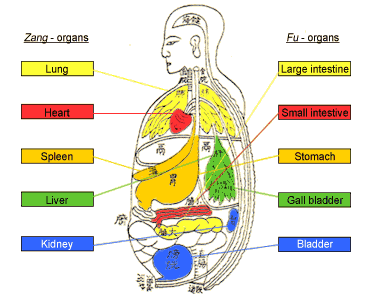top of page
Focused on the Kidney system and Mingmen (Gate of Vitality). Explains aging, reproductive health, congenital deficiency. Treatments tonify Kidney-Yang, Essence (Jing), and Yuan Qi.
Kidney and Mingmen School


Integration of TCM with Western medicine, combining diagnostics and therapeutics. Applied in hospitals and universities in China today.
Modern Integration School
Yin-Nourishing School
Chronic disease arises from Yin deficiency and internal Heat. Uses Yin-tonifying and Fire-clearing methods for long-term constitutional imbalances.


Many diseases arise from Heat or Fire, including emotional stress and febrile illness. Emphasises cooling herbs and clearing internal Heat.
Cold and Cooling school
Digestive function as the root of Qi and Blood production. Uses tonifying and warming treatments to treat chronic illness and internal weakness.
Spleen and Stomach School


Disease caused by external invasion of evil Qi, especially in the upper body. Uses emetics, purgatives, and sweating to expel pathogenic factors aggressively.
School of Attacking and Purging
Impact of external pathogenic factors (Wind, Cold, Damp, Heat, Dryness, Summer Heat).
Basis for epidemic disease treatment and seasonal adjustment in therapy.
Six Excesses (External Pathogens) School
- Etiological School


Warm Disease School
- Febrile Disease Theory
Diseases caused by Warm pathogens, explained through the Four Levels (Wei, Qi, Ying, Xue) and Three Burners (San Jiao). Addresses acute, infectious, and epidemic diseases using cooling and Yin-preserving treatments.

The "schools" (学派, xuépài) refer to different theoretical and clinical approaches developed over centuries to understand, diagnose, and treat disease. These schools reflect diverse interpretations of classical texts, responses to specific health challenges, and the evolution of Chinese medical thought. While all are rooted in the fundamental principles of Yin-Yang, Qi, and the Five Elements, each school emphasises different aspects of physiology, pathology, and treatment.

Schools in TCM
Yin-Yang and Five Elements School - Foundational Philosophical School
Balance and dynamic interaction of Yin/Yang and Five Elements (Wood, Fire, Earth, Metal, Water).
-
Role: Provides the holistic and diagnostic framework of all TCM.


Physiology and pathology of the Zang-Fu organs (e.g., Heart, Liver, Spleen), and their interrelations. Guides organ-based syndrome differentiation (辨证论治).
Zang-Fu (Organs) School - Functional-Organ theory
The 12 regular meridians and eight extraordinary vessels are pathways of Qi and Blood. Basis for acupuncture, moxibustion, and Qi flow diagnosis.
Meridian and Collateral School - Channel Theory


Generation, movement, and dysfunction of Qi, Blood (Xue), and Fluids (Jin-Ye). Explains internal causes of disease such as stagnation, deficiency, or leakage.
Qi, Blood and Body Fluids School
- Vital Substances theory
bottom of page